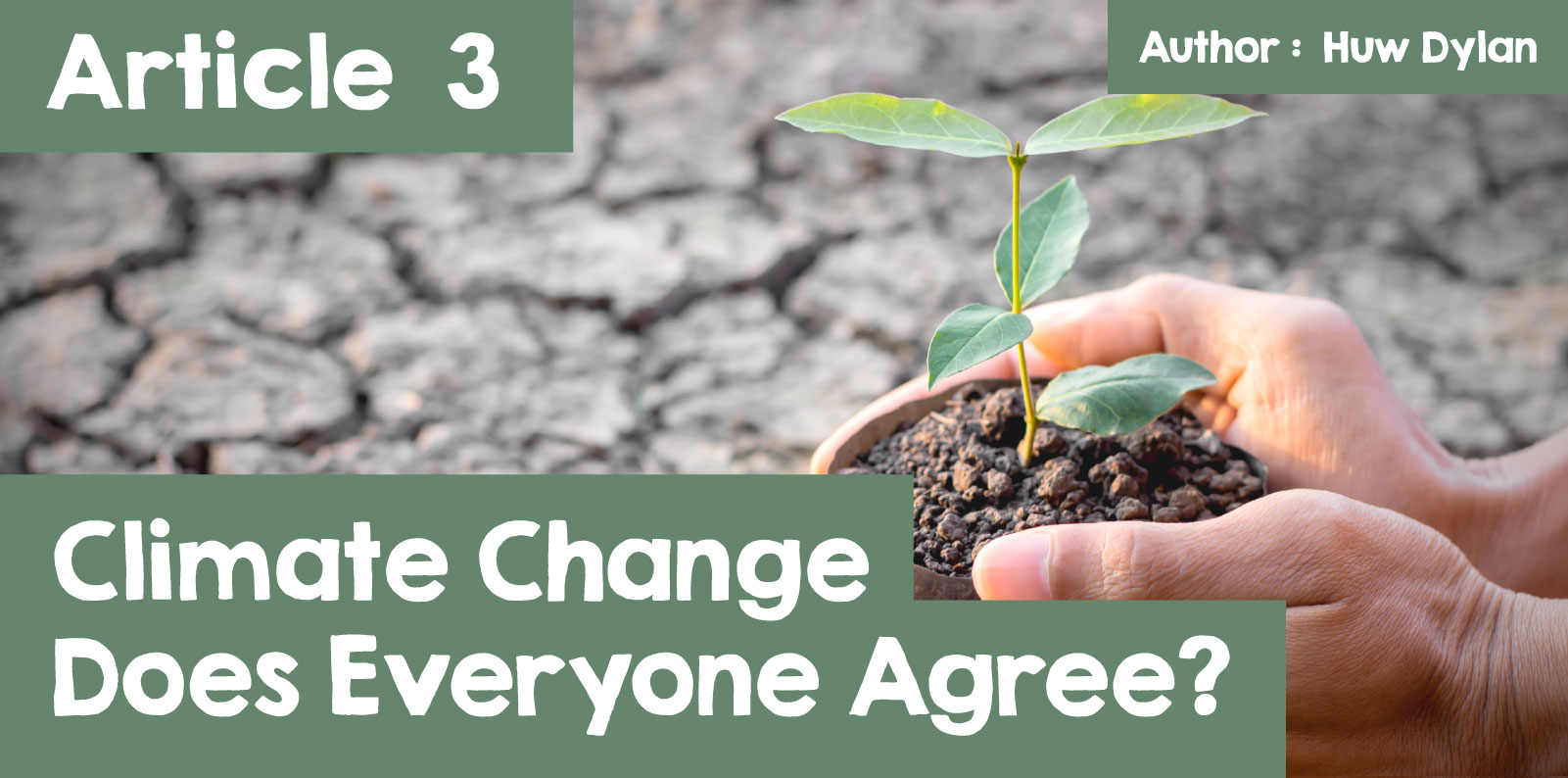Climate Change – Does Everyone Agree?
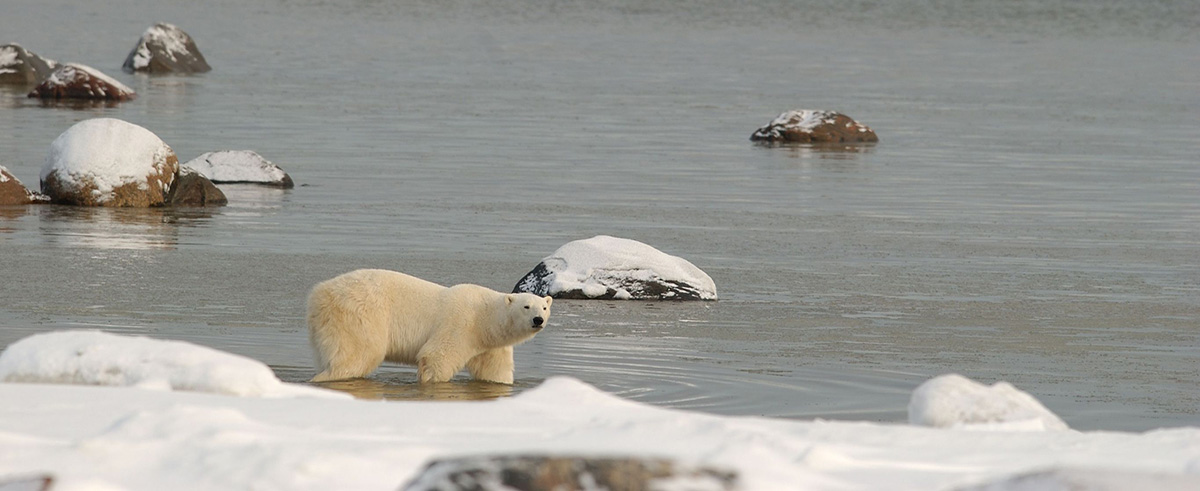
Very often on the news we hear about what is called 'climate change' and its effects and a number of documentaries have been produced about the subject where the scientific evidence is presented and examined. Most people, religious and non-religious, would agree that it is one of the biggest problems facing the world today although there are those who doubt and reject the scientific evidence. There's a little less agreement about what's causing that change – does it happen naturally? Are humans, in the way they treat the earth, responsible for the change?
What then do some of the world's religions have to say on the matter?

Hindu Dharma teaches that human beings should be aware of their actions and the impact they have on the environment. The Hindu Declaration on Climate Change was adopted in 2015 at the Parliament of the World's Religions in Melbourne, Australia. The declaration warns that the planet has been abused and that a fundamental change is needed in our relationship with nature. Many Hindus believe that nature cannot be destroyed without humans also being destroyed, because they need the natural world in order to survive. Many Hindus are concerned about the damage human beings are doing to the earth and therefore will try to make the right choices when it comes to the environment with many trying to recycle and reduce their carbon footprint. One of the most important beliefs in Hindu Dharma is the belief in dharma, which is 'duty', and if everyone does their duty then the universe works as it should. The Hindu Declaration on 'climate change' states that protecting the environment is a "dharmic duty". An extremely important belief in Hindu Dharma is the belief in karma, namely that all actions have consequences, and that their actions will affect how they will be reborn in the next life... They believe that human beings should be grateful for the natural world and not regard its resources as their own resources. Human beings are stewards of those resources and therefore they should take care of them.
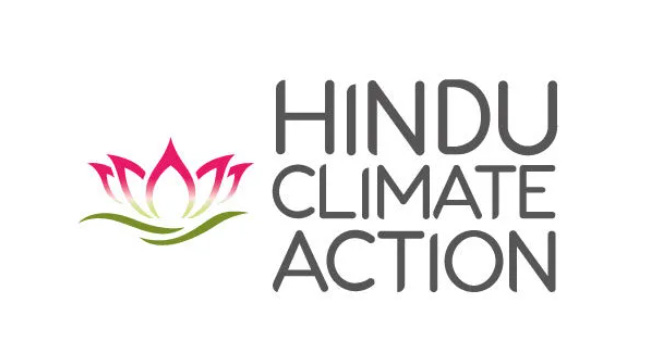
One Hindu movement that takes action on 'climate change' is Hindu Climate Action. They seek to raise awareness about the climate crisis, highlight the importance of protecting the environment in the Hindu tradition, inspire the Hindu community to go green, run campaigns that allow the Hindu community to respond to the climate crisis and join interfaith initiatives on action on climate change.
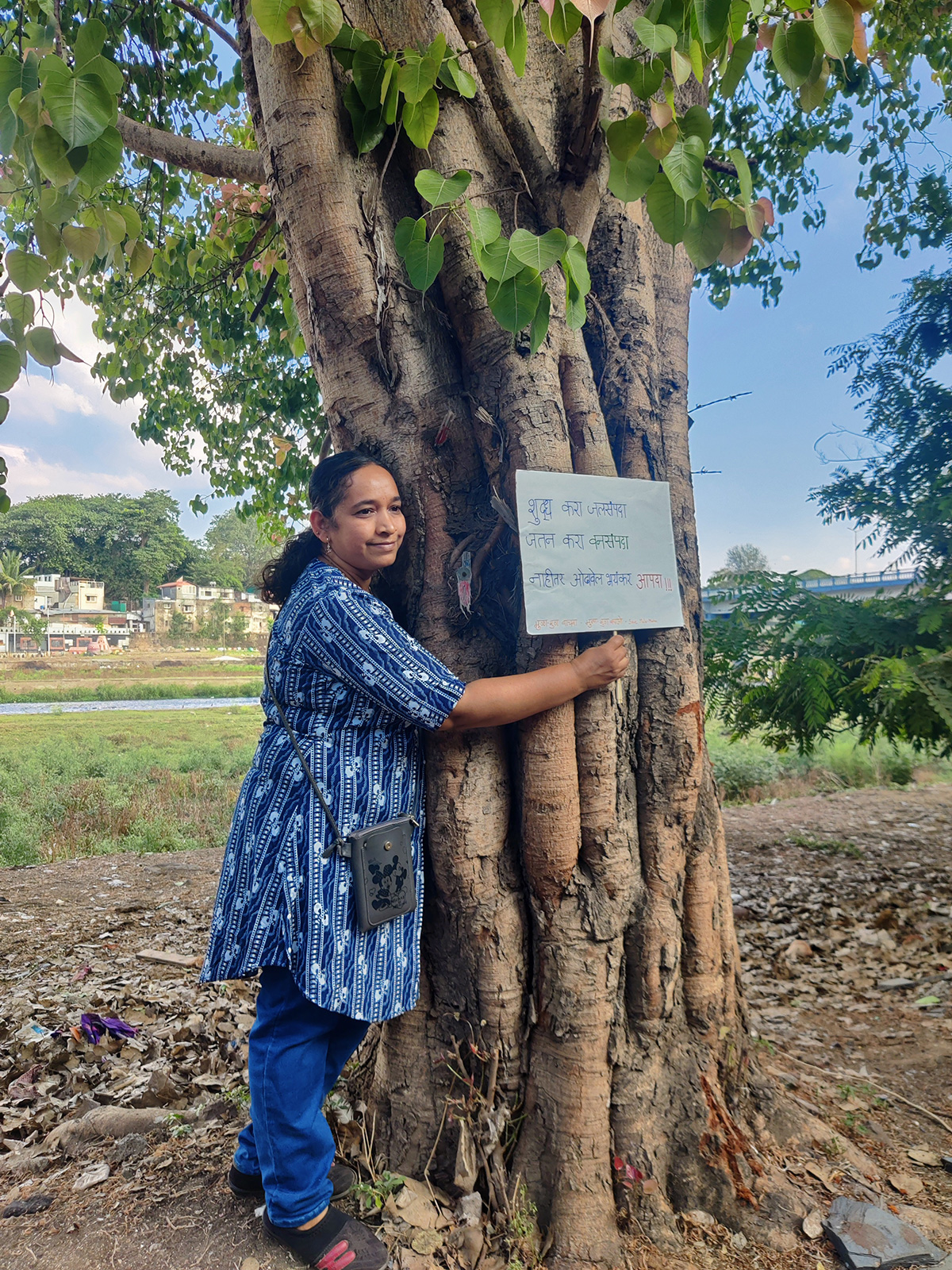
Another movement is the Chipko movement – a movement that first started as a local response against a deforestation project. The strategy was eventually adopted in various other locations, where villagers would hug the trees as a form of protest, risking their lives before the contractors who had come to cut the trees down.
The Dalai Lama

By Niccolò Caranti - Own work, CC BY-SA 3.0,
The Dalai Lama, the spiritual leader of Tibetan Buddhism, has said climate change is a problem caused by humans that requires urgent action. He has called for global action to reduce greenhouse gas emissions and protect the environment. It is the responsibility of all of humanity to act on climate change.
“It is our collective and individual responsibility to preserve and tend to the environment in which we all live.” (The Dalai Lama)
Unless something is done, he has warned that climate change could lead to ecological destruction, rivers drying up, and terrible consequences for billions of people. He suggested that the world should invest more in wind and solar energy, plant trees, and reduce meat consumption. (Click here to read more about Ethical Veganism). He has also called on world leaders to do more to tackle the climate crisis. Education and promoting compassion are his greatest personal contributions to combating climate change. He has also said that young people should be at the forefront of tackling environmental challenges. The Dalai Lama wrote a book on climate change in collaboration with German environmental journalist Franz Alt, entitled 'Our Only Home'.
One key concept in Buddhism is the concept that everything is interdependent. This means that our actions affect the environment, and that we are all connected to each other and the natural world. Buddha's teachings stated that there would be problems if we did not take care of the environment. Indeed, respect for the environment is a principle that goes back to the origins of Buddhism. Today there are several Buddhist organisations taking action on climate change – the Eco Dharma Network which is a network of Buddhist communities working to coordinate climate action initiatives and support Buddhists to take action. Also One Earth Sangha which is a Buddhist environmental charity that uses Buddhist practices, beliefs and perspectives to support humanity in responding to ecological crises.
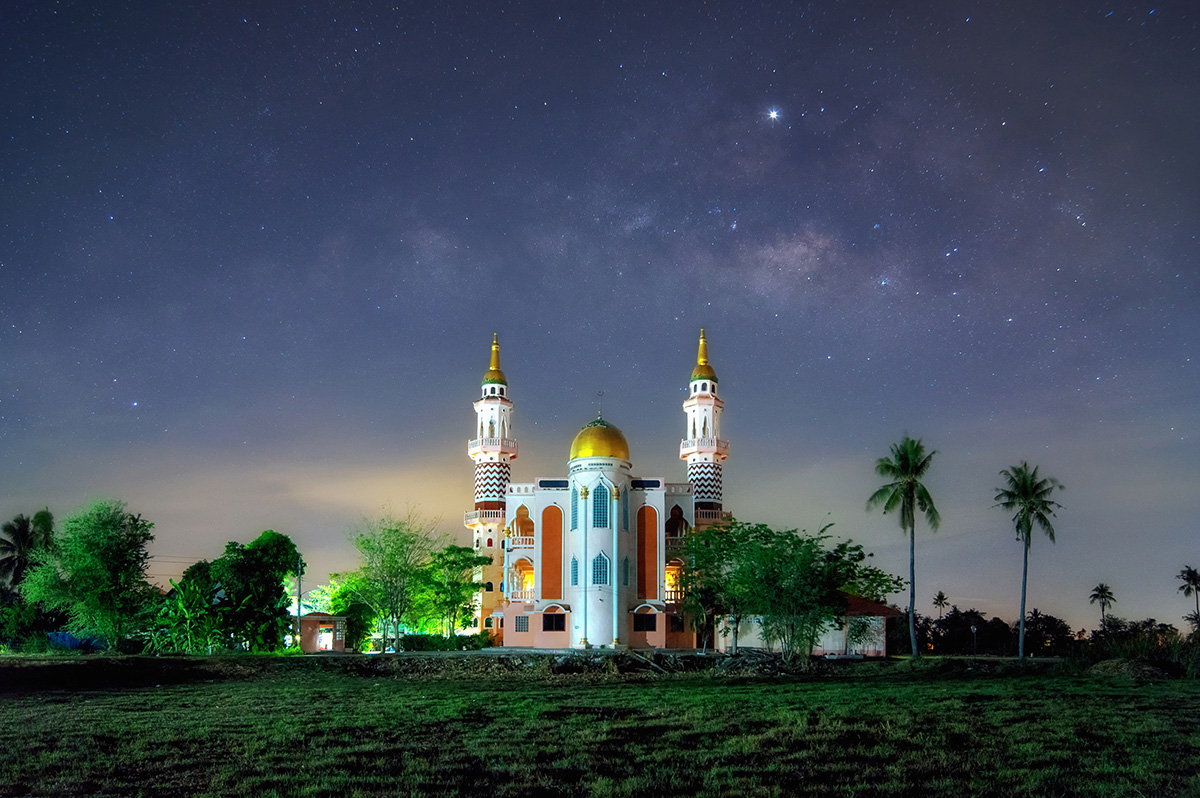
Islam teaches Muslims to look after the Earth and act as guardians of the planet. There is a growing awareness of climate change and caring for the environment within the Muslim community, but there are different interpretations of how to tackle it. In 2015 there was an Islamic declaration on climate change in which Islamic leaders called on Muslims to act on climate change and called on governments to tackle it. There are a number of teachings in the Qur'an that refer to respecting the environment. The Prophet Muhammad said, "Do not waste water even if you are at a flowing river". Some Muslim environmentalists campaign publicly, work to reduce carbon emissions, and spread pro-environmental interpretations of Islam. Islamic Relief Worldwide has called for urgent action to mitigate climate change, including reducing carbon emissions and reaching net zero by 2050.
Another recent campaign is the call for a sustainable Hajj - 'Green Hajj'. Every year millions of pilgrims arrive in Saudi Arabia to complete the spiritual journey to Mecca. However, the event has a negative environmental impact on the surrounding areas due to a combination of mass travel, and an increase in accommodation, food, clothing, and water use. The Green Hajj campaign aims to raise awareness of the negative impacts to tackle the problem and reduce the event’s carbon footprint.
Islamic Relief UK has developed a communication guide to help people take part in Muslim Climate Action Week.

One Christian movement that takes action on climate change is Operation Noah. Operation Noah has engaged thousands of Christians on the climate and nature crises, built coalitions to lobby the government, and moved millions of pounds out of oil, gas and coal. They continue to draw inspiration from the Christian faith while at the same time being guided by the latest scientific research. Their work has also expanded in recent years: as well as teaching, they are now encouraging Churches to increase investment in solutions to the climate change problem alongside taking action such as ensuring better use of the land, peat restoration and tree growing – particularly on land belonging to the Church of England, one of the UK's largest landowners.
Operation Noah is also completely ecumenical. Throughout its history, Operation Noah's Staff and Trustees have included Roman Catholics, Anglicans, Baptists and members of other Christian denominations. Together, their aim is to speak with a united Christian voice on the most important scientific, political and theological issue in our world today – the environmental crisis. They aim to inspire the Church and the world to take bolder steps to protect the people and planet God has created.
However, not all Christians share this vision – many Evangelical Christians reject the idea that human beings are responsible for the climate crisis. In their view, it occurs naturally and therefore can be regarded as part of God's plan or will and there are a number of more important problems facing humanity.

In regard to Humanism, humanists believe that human beings are responsible for environmental problems, including climate change, and that we have a moral duty to protect the natural world. They are guided by science and reason, and attempt to engage in rational debate. Humanists are passionate about protecting the environment for future generations, and many support Humanist Climate Action, a network that campaigns for climate change action. These are just some of the ways humanists are tackling climate change – they campaign for environmental policies that promote sustainable, ethical and low-carbon living; support other environmental groups that share similar objectives; Humanist Climate Action challenges beliefs that are not evidence-based and a lack of knowledge about environmental issues, and encourages humanists to adopt greener lifestyles.
What is your opinion?


